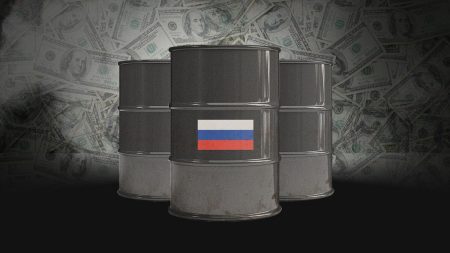The rise of disinformation and the increasing distrust in mainstream media have created a paradoxical situation where fact-checkers, the very individuals tasked with combating misinformation, are themselves becoming targets of hostility and distrust. A recent report by the European Digital Media Observatory (EDMO) paints a stark picture of the challenges faced by fact-checkers across Europe, revealing that a significant majority (66%) of respondents, including academics, fact-checkers, and journalists, have experienced some form of hostile action aimed at hindering their work. This abuse ranges from online harassment and intimidation to physical threats and doxxing, highlighting the growing risks faced by those working to uphold the truth in the digital age.
The EDMO report details the various forms of abuse experienced by fact-checkers, with trolling being the most prevalent, followed by threatening emails, brigading (coordinated online harassment campaigns), and doxxing (revealing personal information without consent). The triggers for these attacks often stem from fact-checking efforts on contentious topics, such as misleading claims about COVID-19, migration, the environment, and women’s issues. Investigative work into far-right groups or online conspiracy theory networks also frequently provokes hostile reactions, as does public speaking on these sensitive subjects. The perpetrators employ tactics aimed at delegitimizing fact-checkers, labeling them as “censors,” “foreign agents,” or “politically biased,” and accusing them of receiving dubious funding.
The individuals and groups behind these attacks are diverse, ranging from individuals and ideologically motivated groups to alternative media outlets and even political or government entities. The report specifically mentions state actors and government-related mediums in Hungary and Slovakia as being responsible for harassment and other adversarial actions. This finding underscores the concerning trend of governments themselves contributing to the erosion of trust in independent fact-checking organizations. While some countries, like Ireland, have implemented positive measures such as dedicated hotlines between media professionals and police authorities, others have adopted policies that raise concerns about surveillance and freedom of expression. The EDMO report cites Hungary’s “Sovereignty Protection Act” and the establishment of a Sovereignty Protection Office (SPO) as an example of this concerning trend, alleging that the SPO actively discredits independent media by accusing them of spreading disinformation in service of foreign interests.
The frequency of abuse varies among fact-checkers, with a significant portion (44%) reporting sporadic or rare instances, or no abuse at all. However, a concerning proportion experience frequent abuse, particularly after publishing work on controversial topics. Approximately 17% reported weekly abuse, 15% monthly, 12% daily, and 10% quarterly. This consistent exposure to hostility can have a significant impact on the mental and emotional well-being of fact-checkers and potentially discourage individuals from pursuing this critical work. The EDMO report emphasizes that these findings demonstrate the persistent and growing risks facing the counter-disinformation community in Europe and beyond. The erosion of trust in mainstream media has, ironically, made those dedicated to verifying information more vulnerable to attacks fueled by the very same distrust they are trying to combat.
To counter this alarming trend, the EDMO report proposes several recommendations aimed at protecting and supporting fact-checkers. These include strengthening networks for peer-to-peer support, developing guidelines on preparing for and responding to adversarial actions, and enhancing both online and offline security measures. The report also stresses the importance of raising awareness among policymakers about the challenges faced by fact-checkers and advocating for stronger legal protections and robust support for their work. Ultimately, safeguarding the integrity and safety of fact-checkers is essential for preserving a healthy information ecosystem and fostering informed public discourse.
The EDMO’s call to action urges all competent authorities to address this growing threat with utmost determination, in accordance with the Charter of Fundamental Rights of the EU. The escalating hostility towards fact-checkers represents a direct assault on the principles of truth and accountability. Failing to protect these individuals not only undermines the fight against disinformation but also erodes the foundations of democratic societies that rely on access to accurate and reliable information. The challenge ahead lies in fostering a climate of respect and recognition for the crucial role that fact-checkers play in safeguarding the truth, while simultaneously holding those who engage in abusive behavior accountable for their actions.










